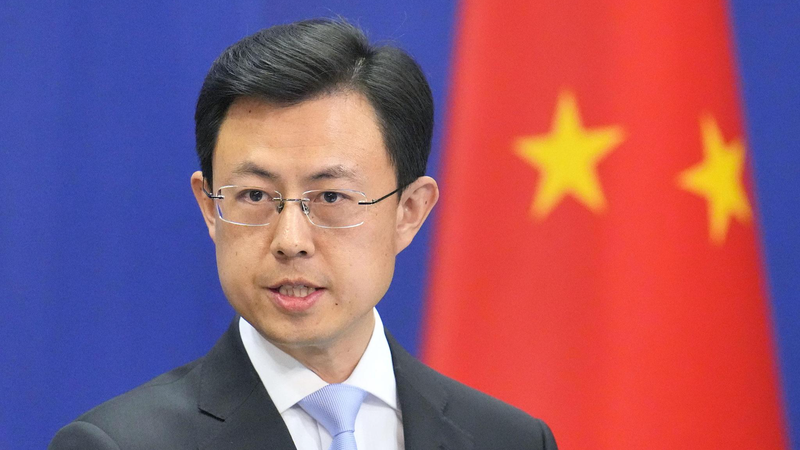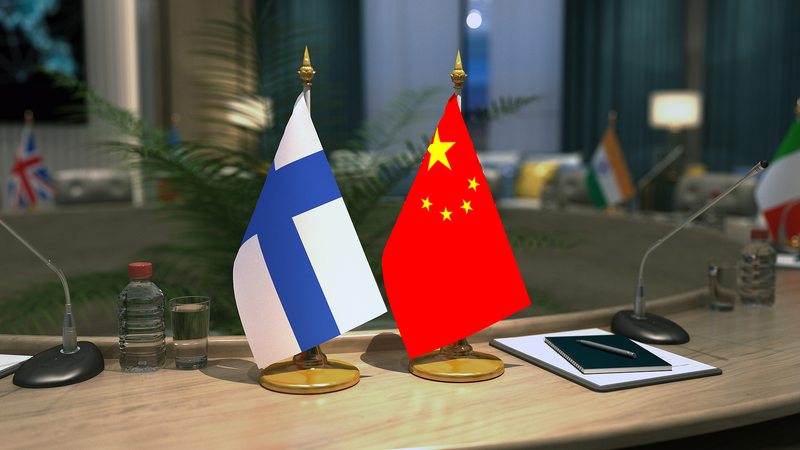2025: A Game-Changer for China’s Economy 💥
In 2025, China wraps up its 14th Five-Year Plan and starts drafting the 15th—an epic moment that could reshape the nation’s financial future. He Ping, associate dean at Tsinghua University’s School of Economics and Management, dropped key insights on what’s next for the Chinese mainland’s economy.
Strengthening the financial system 🏦: He Ping stresses stronger risk management and smarter regulations to keep banks stable yet agile. Think of it as giving the economy a fresh set of training wheels—supportive but not restrictive.
Embracing fintech and digital currency 💳: With mobile wallets already ruling daily life from Delhi to Jakarta, the next step is scaling the digital yuan. He Ping notes that seamless, secure transactions can boost efficiency across borders—good news for freelancers and startups eyeing the Asian market.
Riding the green wave 🌱: From solar farms in Gujarat to electric scooters in Bangkok, Asia is embracing sustainability. He Ping highlights green finance tools—like carbon trading and green bonds—to power China’s journey toward carbon neutrality by 2060.
Global integration and talent power 🌐: To be a top financial hub, the mainland needs deeper ties with ASEAN, South Asia, and beyond. He Ping believes attracting young talent and fostering innovation hubs—similar to Bengaluru’s tech parks—will be pivotal.
Bottom line: As China pivots into its next Five-Year Plan, financial reform isn’t just a policy buzzword—it’s the accelerator for growth, sustainability, and global clout. For tech-savvy pros across South and Southeast Asia, this shift means fresh opportunities in fintech, green finance, and cross-border ventures. Stay tuned, because 2025 might just be the year the Chinese mainland levels up its finance game! 🚀
Reference(s):
He Ping: Financial system reform and China's future economic growth
cgtn.com




